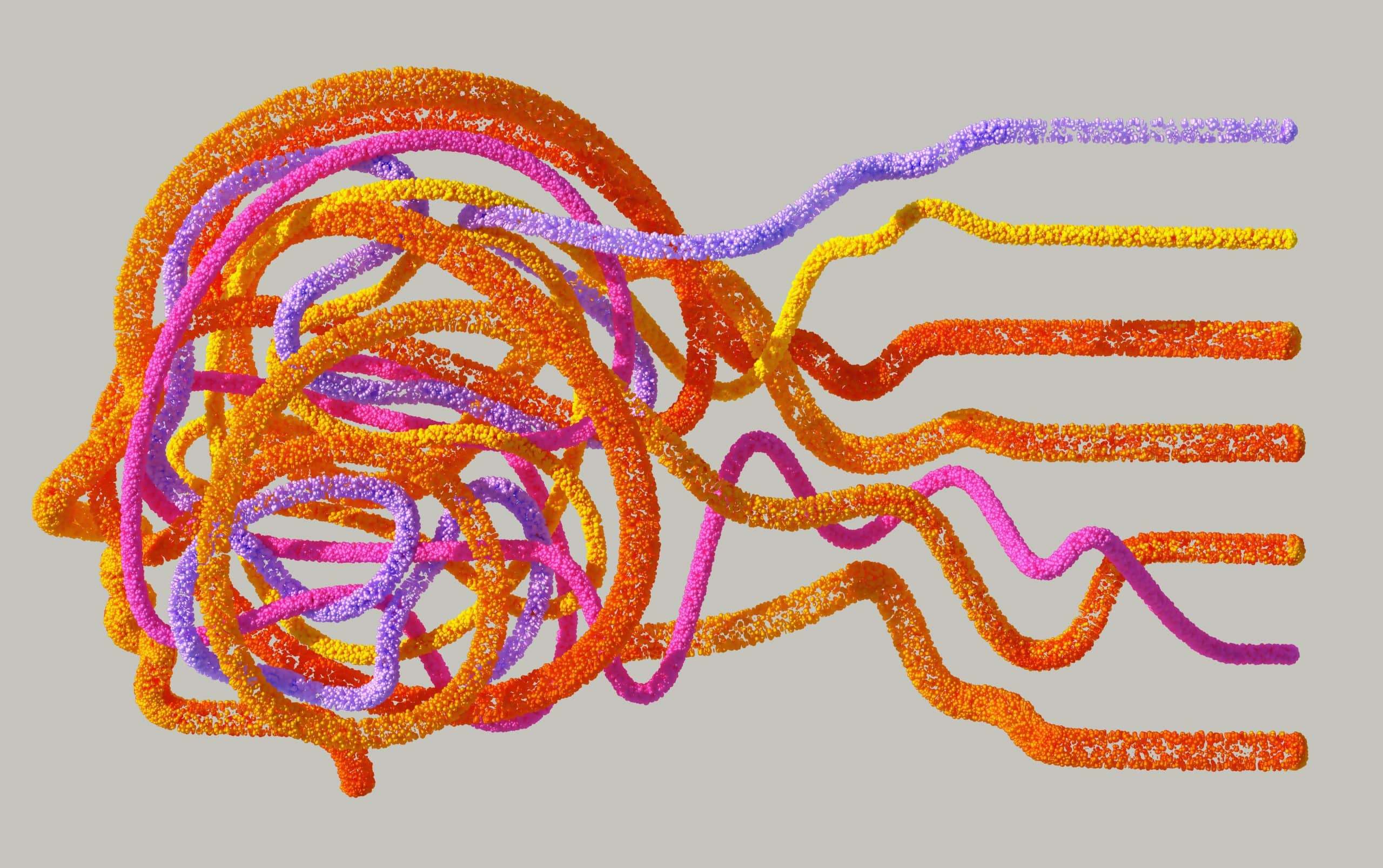People living with a diagnosis of Alzheimer’s Disease experience ever-changing and unpredictable neuropsychiatric symptoms. These symptoms are those that disrupt usual functional abilities and which cannot be attributed to other psychiatric conditions. Affecting most people throughout the course of living with the disease, neuropsychiatric symptoms include the emergence of hallmarks such as apathy, depression, agitation, psychosis, and aggression. This article discusses these symptoms and their presenting features.
Apathy
The most prevalent of these neuropsychiatric symptoms is apathy. Described as a decline in motivation, enthusiasm, and emotional impassiveness, apathy tends to exacerbate as Alzheimer’s Disease progresses. Apathy is experienced by many people who do not have Alzheimer’s and may be more common in some personality types. For those diagnosed, apathy is often developed in the latter stages of the disease and is not recognized by the person exhibiting it. The presence of apathy in Alzheimer’s Disease may suggest a progression from mild cognitive impairment to advanced dementia.
Depression
Depression is another commonly presenting symptom and often accompanies apathy among individuals living with Alzheimer’s Disease. Of course, depression can be an expected result of receiving a diagnosis of Alzheimer’s. Studies have revealed that depression can also increase in intensity as the disease advances. Interestingly, it has been discovered that depression is a risk factor for developing Alzheimer’s, particularly for middle-aged adults. Therefore, a professional diagnosis and appropriate care are crucial for those who suspect they may have depression.
Agitation

Photo by Anna Shvets: pexels
Agitation, defined as emotional anxiety partnered with verbal or physical hostility, is a common symptom of Alzheimer’s Disease. It is often associated and occurs simultaneously with increased motor activity and generalized restlessness. This can present as fidgeting, tapping and other repetitive actions. Pacing, hoarding, and refusal of care are also signs of agitation in those living with Alzheimer’s. Agitation is commonly expressed when there are unmet needs that should be investigated. Similarly requiring attention is the possibility that the person may have concerns or be worried about something.
Aggression
Another neuropsychiatric symptom of Alzheimer’s Disease, aggression causes considerable exhaustion among caregivers. There is also an increased risk of possible harm or injury to the person showing aggression and other people sharing the same environment. Displays of aggression may be the throwing of items including furniture, physically lashing out, or verbal aggression. Studies reveal that particular regions of the brain possess increased amounts of atrophy in people with Alzheimer’s Disease displaying aggression. As with agitation, aggression should be investigated for any unmet needs that may be the cause of symptoms.
Psychosis
Delusions and hallucinations are among the most pronounced of all the neuropsychiatric symptoms of people living with Alzheimer’s Disease. These symptoms can be highly confronting for caregivers, loved ones and medical staff. This is because the catalyst for these behaviors, such as self-talk, fear or paranoia, is unseen by anyone other than the person experiencing them. Hallucinations often include reported sightings of people or animals that don’t exist. A common delusion is that other people are stealing from or are out to hurt the person with Alzheimer’s. Though occurring less often, particularly during the initial stages of the disease, hallucinations are reported to increase in frequency and austerity as the disease progresses.
Final Words
Research suggests that neuropsychiatric symptoms can present some time before an individual receives a diagnosis of Alzheimer’s Disease. While every individual’s journey is different, a high degree of the neuropsychiatric symptoms are often experienced during the initial phases of the disease. If you are concerned about your symptoms or those of a loved one, it is always best to consult your health professional as early as possible.
Disclaimer: This article is intended simply to provide information. It does not replace the medical advice of a physician. Please speak with your doctor if you have any questions or concerns.
For More Great Content
Total Apex is an all-encompassing content producer. We provide detailed articles every day on entertainment, gaming, sports, and so much more! Check out all our great sports content at Total Apex Sports. Check us out on X @TotalApexEandG and our other sites: Total Apex Sports Bets and Total Apex Fantasy Sports.









